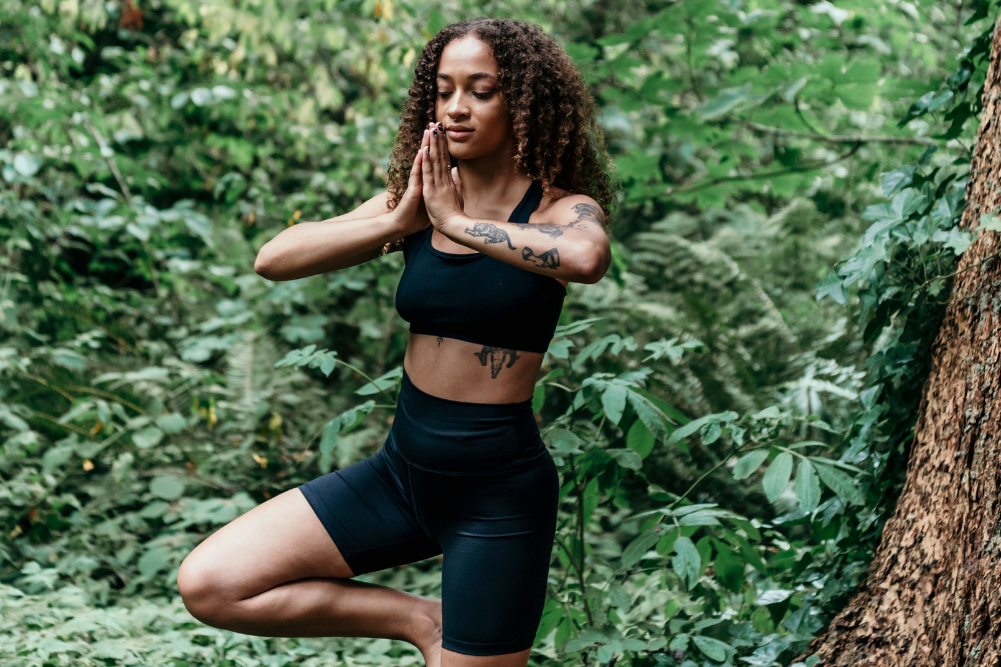Natural therapies for insomnia
During stressful periods in our lives it’s not uncommon to experience sleeping difficulties or insomnia. In most cases, sleep difficulty is due to stress and provides an indication that your work or lifestyle habits need assessment.
Sleep is essential. for tissue repair; rest and the restoration of vital organs and body systems occur during sleep. Periods of insomnia can impede these processes, leaving you feeling unrefreshed mentally and below your peak physically. During times of stress and emotional difficulty, more strain is put on the physical and emotional reserves, increasing the need for proper sleep. It’s during these times, when sleep is most likely to be disrupted, that you may need some assistance to ensure a healthful night’s rest. There are some natural therapies that can aid stress relief and help remedy sleeping problems.
What is insomnia?
Insomnia is the inability to fall asleep or to remain asleep for the required length of time, leaving the affected person almost permanently tired during the day. Sleep difficulties are most often caused by stress or worry but in some cases are associated with disease or certain medications. Insomnia falls into three sub categories:
Initial insomnia Difficulty in falling asleep, most commonly due to emotional disturbances such as anxiety, stress, depression, illness and pain. Sleep disorders such as restless leg syndrome and sleep apnoea fall under this category.
Middle insomnia: Waking during the night, again usually due to emotional disturbances such as anxiety or depression. This may also be associated with pain.
Early-morning awakening: Falling asleep occurs normally, but the sufferer wakes early and cannot sleep again or falls into a restless sleep.
Natural therapies for insomnia
There are several natural therapies that can assist with insomnia.
Herbal medicine
Herbal teas are very useful because of the overall calming effect a cup of warm tea brings. In addition to teas, herbal tinctures are potent liquid extracts that are prescribed according to the individual. Here is a list of herbal sedatives and nervous system tonics. A naturopath or herbalist will be able to prescribe herbal medicine to treat insomnia.
- Passionflower
- Lemon balm
- Chamomile
- Hops
- Lime blossom
- Skullcap
- Valerian
- St John’s wort
- Vervain
Always consult a qualified naturopath or herbalist before taking herbal medicines. Some herbs are unsuitable for people with certain medical conditions, those taking particular medications or women who are pregnant or breastfeeding.
Homœopathy
Like herbal medicines, homœopathics are selected carefully according to personal requirements. Common homœopathic remedies for insomnia include Kali phos., Coffea, Ignatia, Nux vomica and Muriatic acid where the person is tired but cannot sleep and feels restless and irritable.
Exercise
Regular aerobic exercise that raises the heart rate and causes you to sweat can be beneficial for insomnia. Exercise releases endorphins that encourage feelings of wellbeing and mental relaxation. It causes the body to become physically fatigued and therefore encourages sleep and allows you to get out of your head physically and work out the frustrations that may be keeping you up at night.
Stress relief with natural therapies
Mental relaxation
There are various tools you can try to help relax you mind and facilitate sleep. Natural therapies that aid with stress relief include:
- Guided meditation
- Creative visualisation
- Breathing exercises
- Mantras
Relieving tension
Massage therapy is beneficial addition to a holistic approach to insomnia. If you find that stress and muscular tension are contributing to your difficulty sleeping, consider allowing yourself to indulge in a professional relaxation massage.
Find a natural therapist that can assist with insomnia in WellBeing’s practitioner directory














